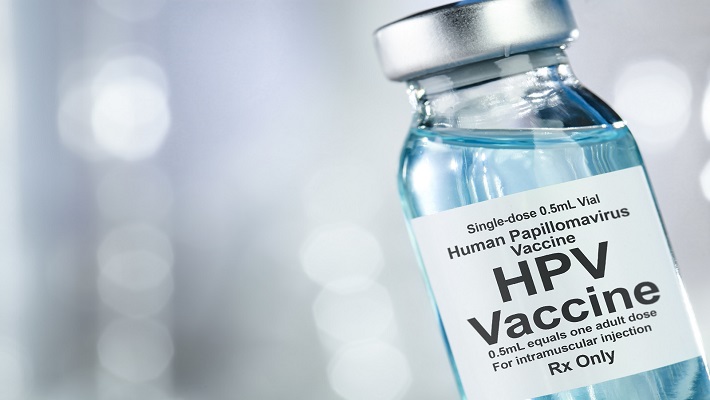By Arnold Neliba
ABUJA, OCTOBER 27, 2023 (CISA)-As Nigeria targets to vaccinate over seven million girls from ages nine to 14 years, the Catholic Bishops in the country have cautioned collaborating partners against dismissing the doubts and fears of the people over the safety of the Human Papilloma Virus (HPV) vaccine.
Championed by the Ministry of Health through the National Primary Health Care Development Agency (NPHCDA) for the universal vaccination of girls, the Catholic Bishops’ Conference of Nigeria (CBCN) is calling for improved engagement on the vaccination program, which was on October 23 introduced in Nigeria’s routine immunization system.

“…the NPHCDA to improve engagements to adequately and appropriately inform the general public and eligible recipients of the benefits, and possible side effects of the vaccine. Even if those side effects may occur one in two thousand recipients, it is still worrisome,” reads a statement released on October 18, ahead of the launch.
With Nigeria a target as the largest number in a single round of HPV vaccination in the African region, the bishops are of the opinion that vaccine acceptors be provided with adequate and proper information to make informed choices.
Given that the target group are minors, the vaccination must come with informed parental consent.
“The HPV vaccine has been reported in some quarters to have adverse effects, which are a cause of concern as it is said to be linked with reactions in some women and girls suffering long-term pain, numbness, paralysis and infertility,” said the bishops.
“These may be unfounded fears or conspiracy theories, as others have resolved to fear them. Undoubtedly, people’s fears are real,” the bishops said calling on the government to ensure the vaccines are diligently scrutinized and partners to take into account the fears of the people.
Despite being a committed stakeholder in the health sector in the country since 1895 with the establishment of the first standard hospital in Abeokuta, the bishops decried the lack of involvement in the vaccination exercise.
“For an effective campaign, now and in time to come, concerned agencies should necessarily partner with religious leaders because they are not only opinion leaders in society but also lead churches and mosques, which are credible means of reaching a larger population with such campaign information,” said the prelates further committing to promoting, protecting and preserving human life.
In Nigeria, cervical cancer is the third most common cancer and the second most frequent cause of cancer deaths among women aged between 15 and 44 years. In 2020 – the latest year for which data is available – the country recorded 12,000 new cases and 8,000 deaths from cervical cancer.

